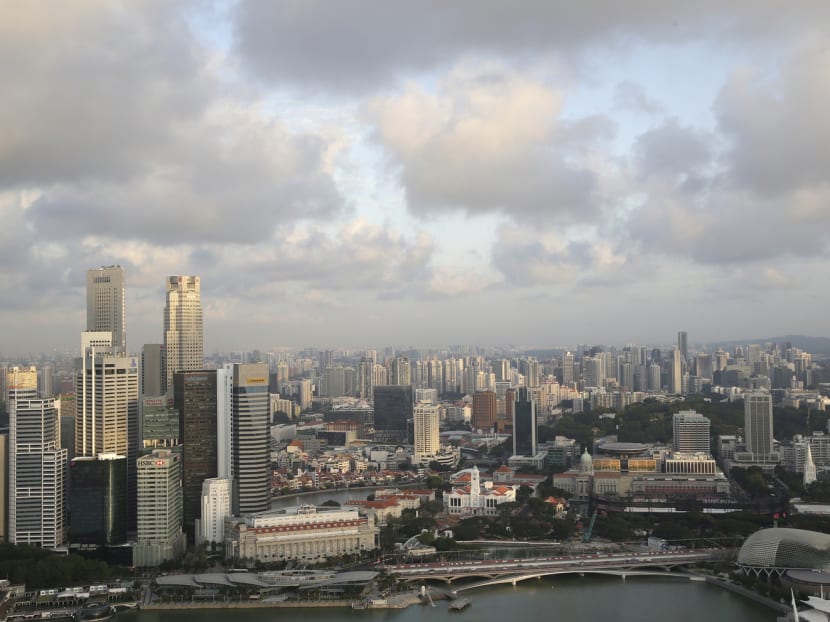SMEs urged to transform their businesses to ride on digital wave
SINGAPORE — With the growth of the digital economy potentially adding US$1 trillion (S$1.4 trillion) to the gross domestic product (GDP) of the Association of Southeast Nations (Asean) by 2025, experts said it is important that small and medium enterprises (SMEs) in the region transform their businesses to ride on this burgeoning trend.

Dr Koh said with Singapore assuming the Asean chairmanship next year, the digital economy will be a priority. TODAY file photo
SINGAPORE — With the growth of the digital economy potentially adding US$1 trillion (S$1.4 trillion) to the gross domestic product (GDP) of the Association of Southeast Nations (Asean) by 2025, experts said it is important that small and medium enterprises (SMEs) in the region transform their businesses to ride on this burgeoning trend.
At the Singapore Business Federation’s (SBF) Digitize Asean 2017 conference yesterday, panellists said SMEs can adopt technology in a bid to prevent their businesses from being disrupted. They also suggested incubating and developing collaborative enterprises within Asean to compete with the likes of tech giants Alibaba and Amazon.
While travel, retail, communications and financial services have been heavily disrupted by new technology, there is still a huge base of companies in various sectors that need to level up their digital skills to keep pace with the rapid change, said Mr Chua Soon Ghee, head of South-east Asia at global management consulting firm A T Kearney.
“If you are a manufacturer that is manufacturing a component for a global multinational corporation and it is moving more towards distributed production in 3D printing, are you part of that next wave of supply chain? Because if you are not, then your company will not survive,” he said.
Faced with the digital onslaught, businesses which are not ready to transform, which are still using the “old ways of doing business” are likely to get wiped out, warned Ms Sanchita Basu-Das, fellow and lead researcher (economics) at the Asean Studies Centre, Iseas.
SMEs are the backbone of most of the economies in Asean, she noted. They typically account for 90 to 95 per cent of companies in a country and contribute to around 40 to 50 per cent of GDP.
“If they (SMEs) are not keeping themselves abreast of this new technology, they may suffer,” she said.
In his keynote address at the SBF conference, guest-of-honour Dr Koh Poh Koon, Senior Minister of State, Ministry of Trade and Industry and Ministry of National Development, said digitalisation is catalysing growth in many industries and transforming the nature of work and jobs.
He reiterated that with Singapore assuming the Asean chairmanship next year, the digital economy will be a priority.
“We have identified e-commerce and other initiatives relating to the digital economy as potential key priorities. The digital economy is a new focus area under Asean Economic Community 2025, and there is interest among Asean member states to develop their e-commerce capabilities,” he said.
E-commerce is the new reality for businesses and Singapore will work with the rest of Asean to streamline regional trade rules governing e-commerce to promote greater digital connectivity and lower operating barriers to entry, Dr Koh said.
“This will enhance the regional trade architecture for e-commerce, realise freer movement of e-commerce goods across South-east Asia and support the regional expansion of companies based in Asean,” he said.









